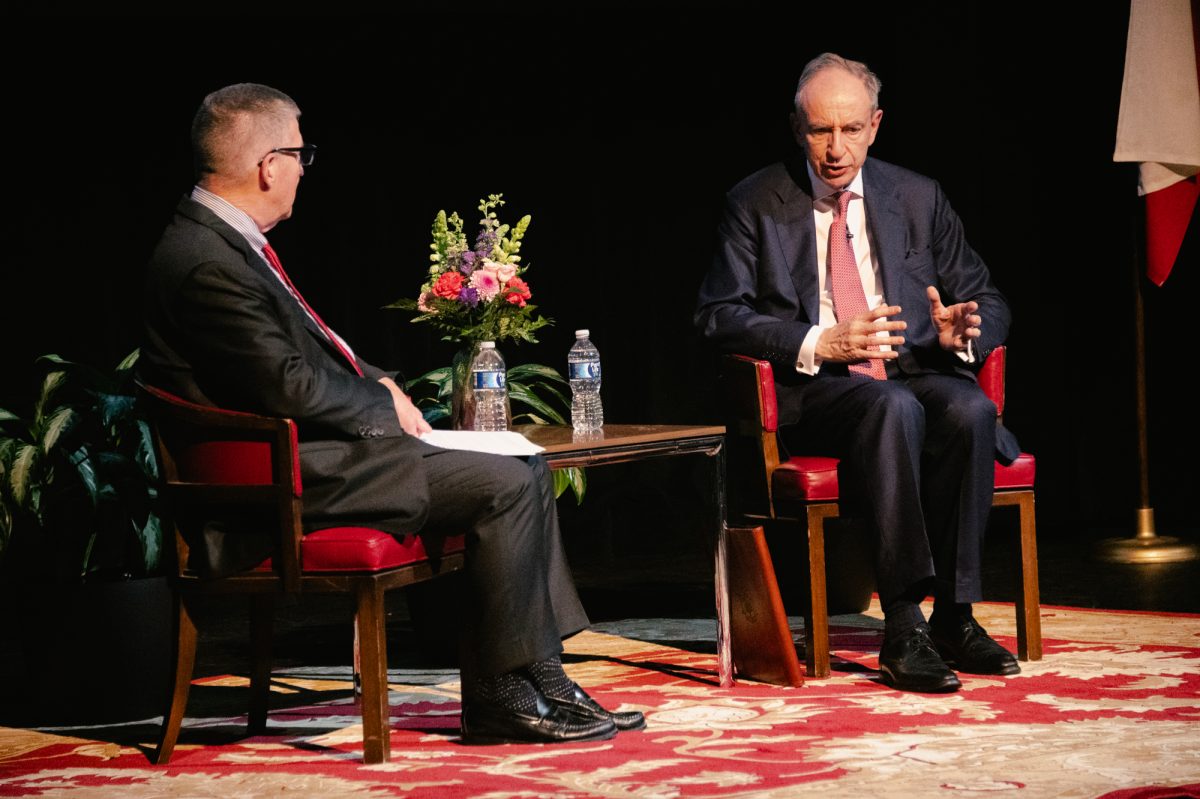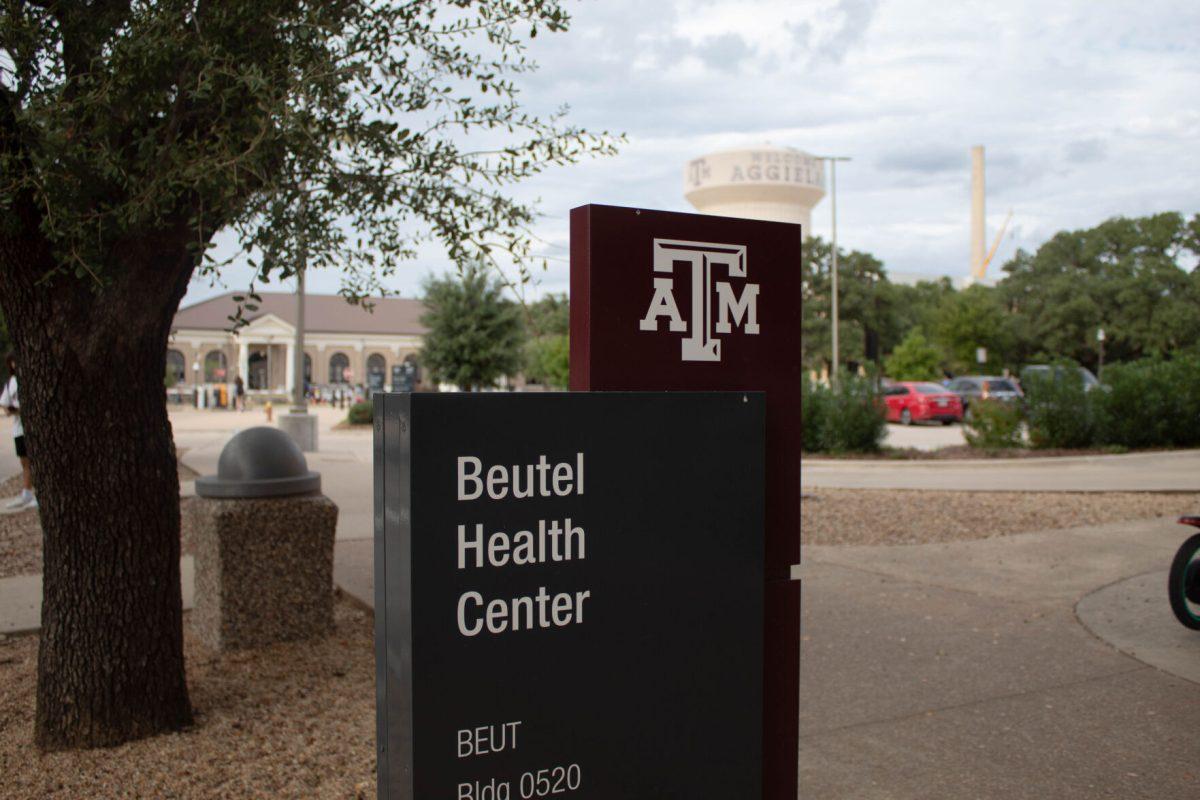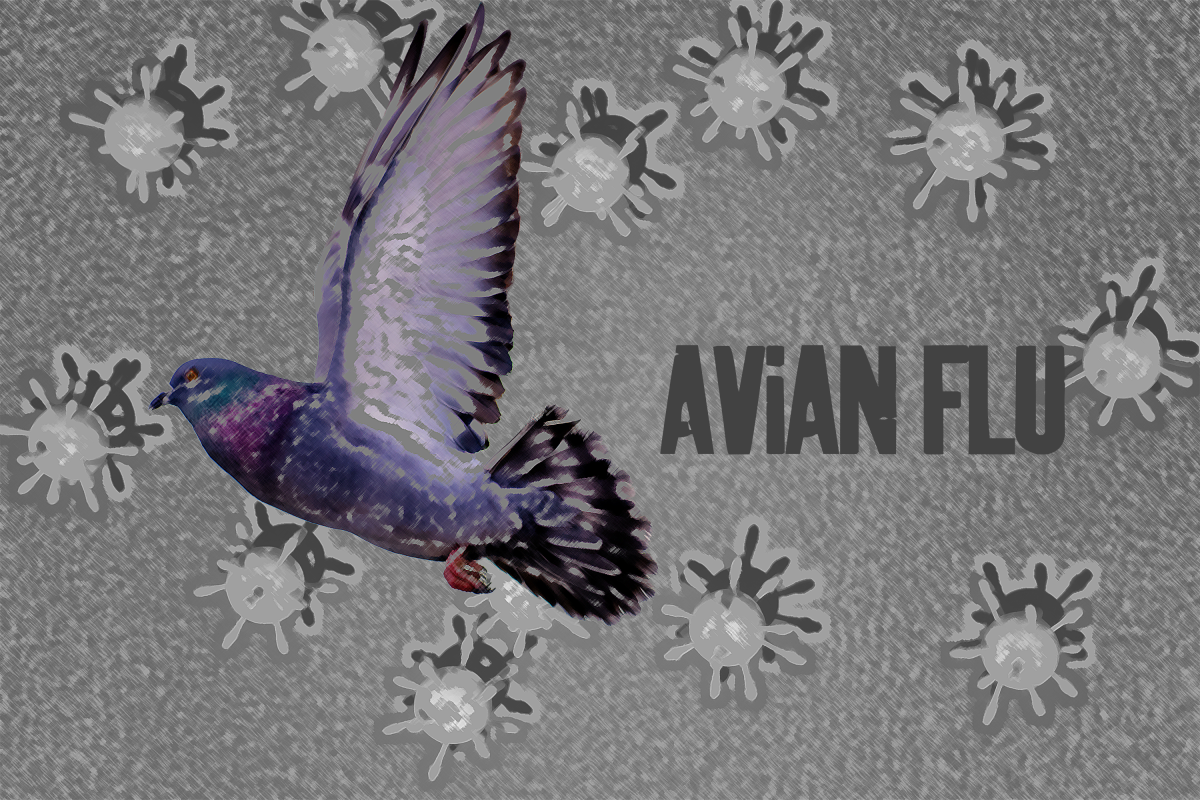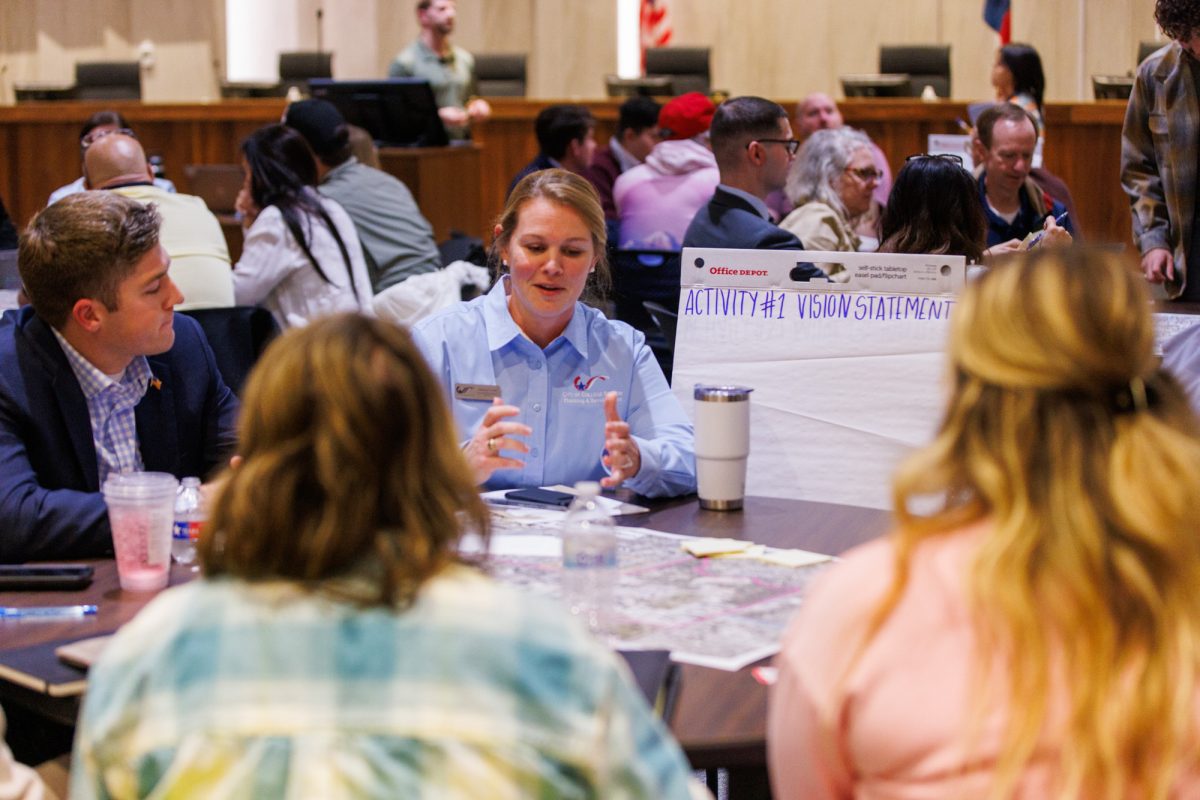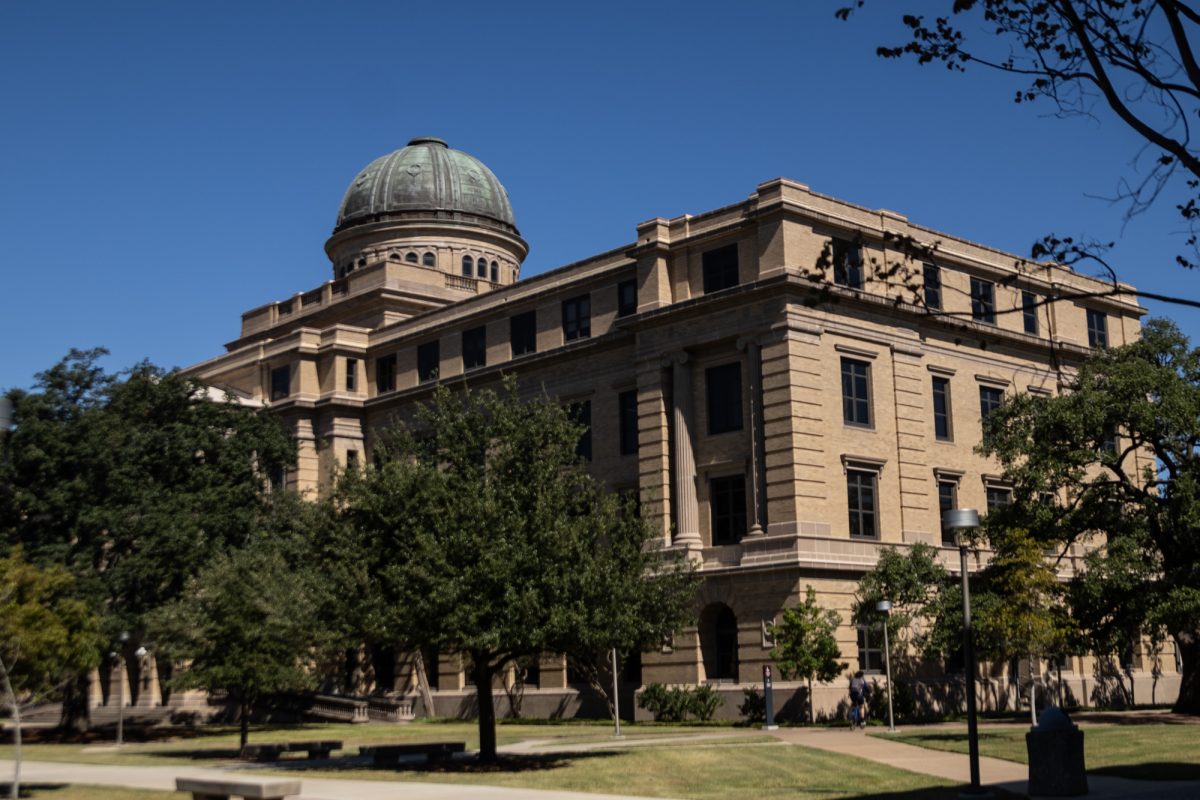Common themes from each year’s student body president debates were discussed Tuesday, along with a few new ones. The candidates for Texas A&M’s next student body president gave their views on issues of diversity, communication and Aggie spirit, as well as fixing A&M’s image to outsiders and improving relations with minority groups on campus.
Candidates stressed their experiences – from Student Senate to Aggie Allys – and told the audience what they would change about A&M.
“One of A&M’s greatest weaknesses is that we don’t represent everyone equally,” said Jody Saemum, a senior nutritional science major. “I had the opportunity to be an Aggie Ally, and I was able to support gay, lesbian, bisexual and transgender Aggies. I know a lot of people don’t support that, but you know what? I do. We need to make sure we are representing each and every student here at A&M, whether they are GLBT or a different race or a different color. It’s not about the color, it’s about our experiences.”
Communication and breaking down barriers were central issues tackled by the candidates. While Ryan Rieger said he believed A&M has to focus on recruiting and changing the University’s perception “as a school with 5,000 students who drive pickup trucks and listen to country music,” Mark Gold, a senior biomedical science major, said he believes uniting the campus and it’s organizations is important to improving campus life.
“Eighty percent of our student body is involved in some kind of student organizations, but they’re concentrated in Greek life, student government or the MSC,” Gold said. “It’s hard to unite every area of campus. But we can improve this by improving communication, and communicating and uniting those groups with things that make A&M special, events like Muster and Big Event. Once our campus becomes united, you will see drastic improvement in recruitment and other areas.”
Terry Dike, a senior mechanical engineering major, emphasized the importance of making every student feel welcome regardless of where they come from. Diversity itself, he said, isn’t A&M’s greatest weakness, it’s the environment that prevents it.
“I feel we have to foster an environment that is embracing to all,” Dike said. “How do we this? Make more finances available for students of all kinds to come to this institution. Provide more initiatives for students to discover themselves.”
When faced with a controversial decision, how should the student body president act? The candidates underlined the importance of communicating with the student body and being a representative of the students, whether it’s dealing with Dining Services or tuition policy in the Texas Legislature.
“I think that all of us realize we are running for student body president,” said Nick Adams, a senior accounting major. “I’m not running to be the student representative for the administration. A lot of students feel disconnected and disenfranchised by our student leaders because they have been making those decisions without student input.”
Dustin McKnight, who pointed to his experience in Fish Aides as important when dealing with student government, said he believes encouraging student groups to cooperate will increase A&M’s health.
“It’s all about who you are and making a difference during your time here, and it’s starts when you’re a freshmen,” said McKnight, a junior agricultural engineering major. “I’ve had the opportunity these last two years to serve in student government, and the greatest thing I’ve been able to see is how freshmen are able to grow. It’s because of joint projects and joint service events.”
Candidates debate issues
March 24, 2008
0
Donate to The Battalion
$810
$3500
Contributed
Our Goal
Your donation will support the student journalists of Texas A&M University - College Station. Your contribution will allow us to purchase equipment and cover our annual website hosting costs, in addition to paying freelance staffers for their work, travel costs for coverage and more!
More to Discover




